Glorifying Sex and Tolerating Assault in Isla Vista
A Personal Investigation into Hookup Culture and its Gruesome Consequences
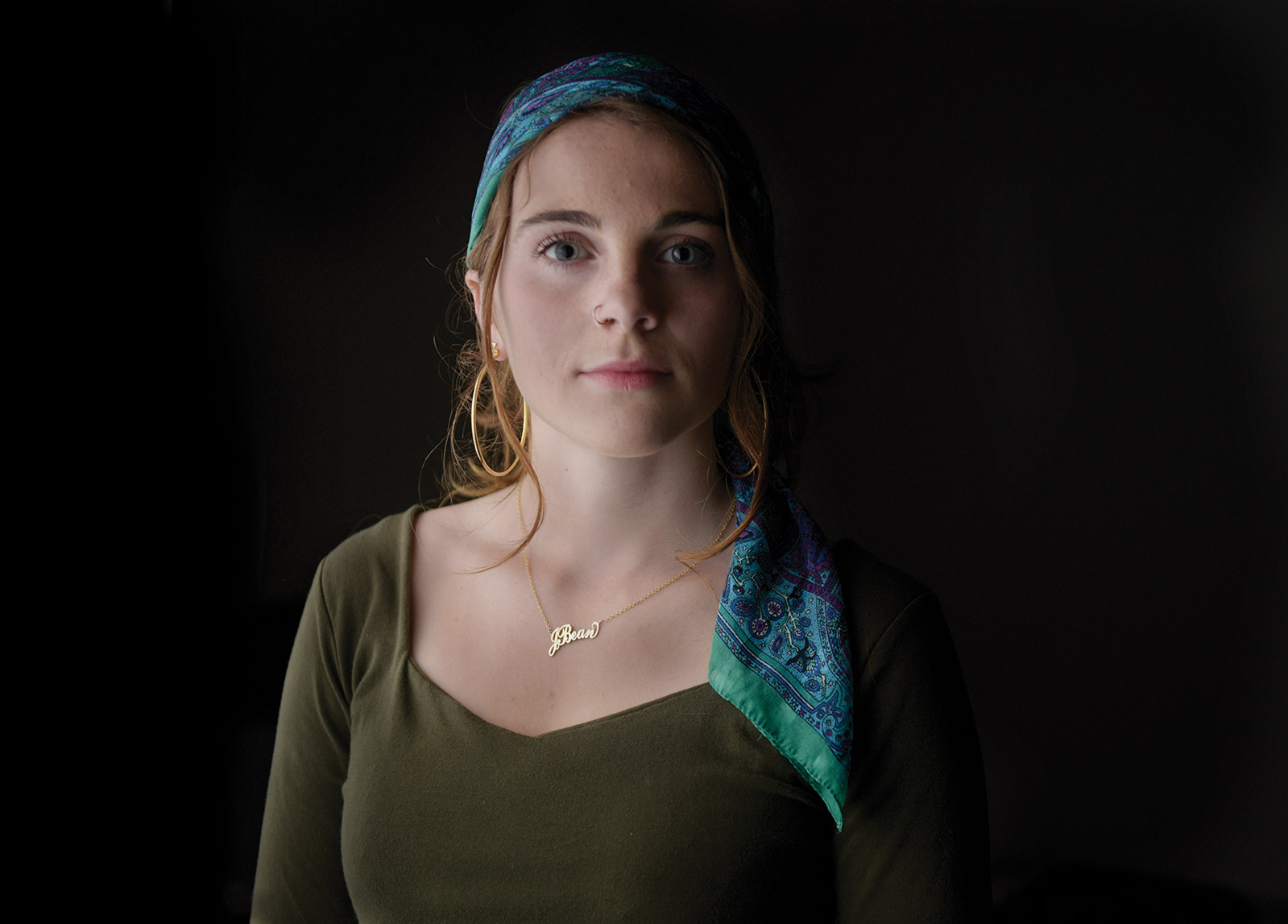
Isla Vista gets off on glorifying sex. In my three years living here, I have been catcalled, groped, and grabbed by men in the herds that roam I.V.’s streets on Friday nights, seen many high fives over someone’s wasted one-night stand, and heard plenty of conversations that begin, “Bro, you score last night?” This widespread glorification renders the dangerous assumption that everyone wants to sleep with everyone, which leads to a spectrum of gruesome consequences — one that I have slipped on myself.
After a night of partying, a UCSB student wakes up in her own bed, sandwiched between her two best friends — a typical arrangement on weekend mornings in I.V. This morning, her body pulsates with pain, but she writes it off as hangover aches. Together, she and her friends (both male and female) laugh over stories and photos from their previous night’s excursion through the streets of I.V. The slideshow on her friend’s phone is interrupted by a text message from his neighbor: “That was the hottest girl I’ve ever had sex with,” the text reads. “I did whatever I wanted to her.” I was that girl.
Immediately disgusted, confused, and no longer laughing, I flipped through my memory files, unable to recall any note that signaled a hookup. “I had sex with him?” I asked, horrified. But my friends roared and applauded. Don’t let it go to your head, they joked, assuming my reaction to the text would be an ego boost. Nobody else seemed alarmed, so I wasn’t either. Little by little, my disgust turned to guilt. I was ashamed of feeling ashamed. I sealed my emotions in a box and buried it inside myself. This “incident” became just another typical Isla Vista story. A violation became a glorification and then a congratulation. That box sits heavy in my stomach, though. I still get nauseous.
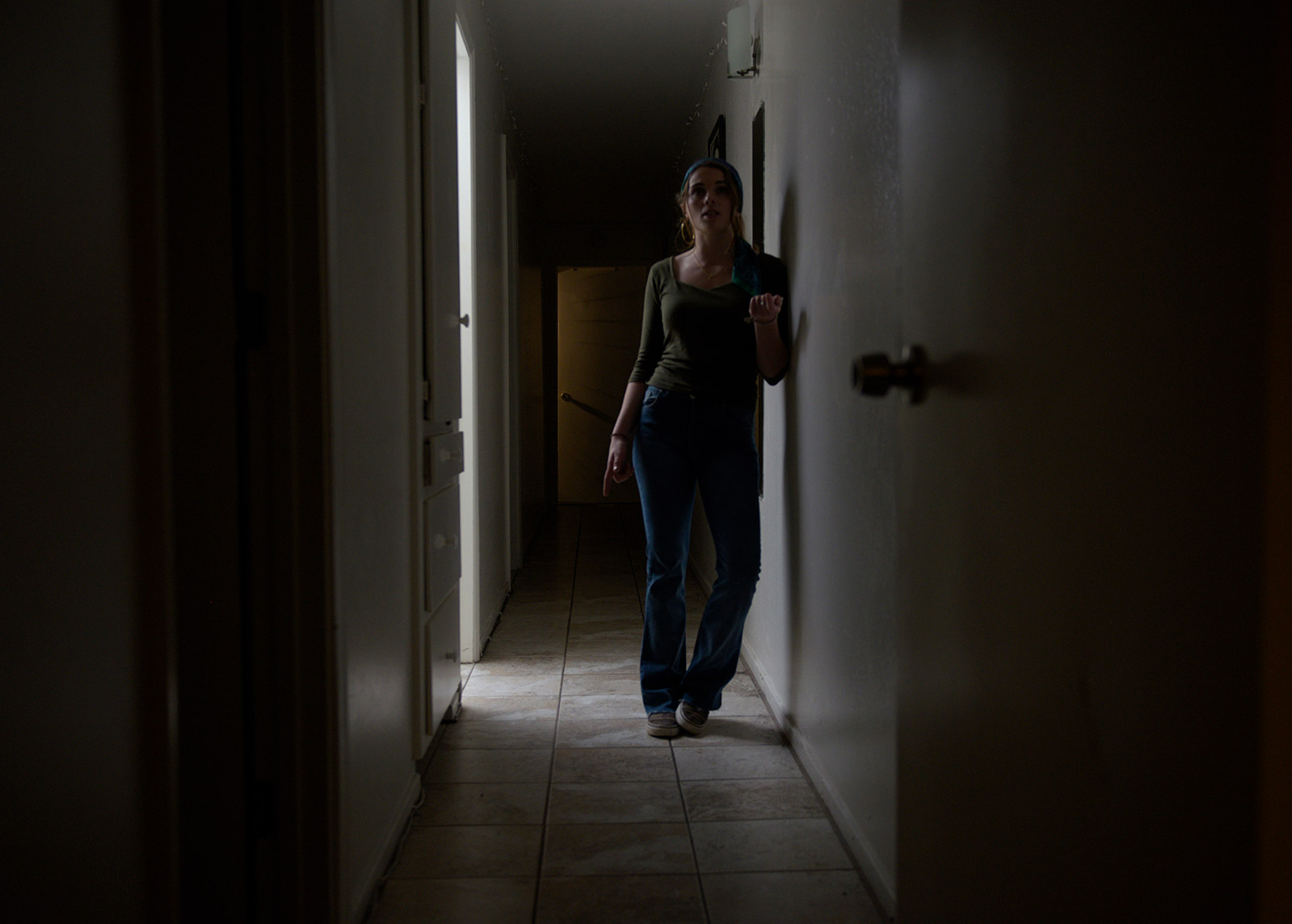
“Permission for sex is expected, and thus it doesn’t have to be requested,” Dylan Biel, a UCSB grad, once told me. This assumption is the blood of Isla Vista nightlife, pumping through the community. But it is poison. It rebrands us, batters us, and then it silences us. My story is not unique. It is simply an individual manifestation of a blanketed stigma that stings the community — I’ve just happened to taste its venom.
This Is Hookup Culture
This is Isla Vista. This is “hookup culture.” In 2016, the university’s Campus Advocacy, Resources & Education (CARE) office provided services to 190 sexual assault survivors, according to the program’s acting director, Briana Conway. Though survivor shaming is still a force in I.V., said Midory Ibanez of UCSB’s Take Back the Night (an anti-sexual-assault organization), university and campus organizations have been successful at heightening awareness and broadening the boundaries of what is publicly considered assault. This helps to validate the experiences of many survivors and — in part — accounts for the increase in documented assaults reported to the Santa Barbara County Sheriff’s Office, which nearly doubled from 2015 to 2016.
However, these advocacy efforts are muffled by I.V.’s distorted definition of sexual assault, one that allows residents to distance themselves from the severity of the issue. “The kids are brainwashed to think sexual assault is hip and cool,” described one I.V. resident. He said some fraternities chant, “No means yes. Yes means anal.” UCSB students’ phones constantly light up with notifications of sexual assaults in Isla Vista, which seems to desensitize our community to the issue.
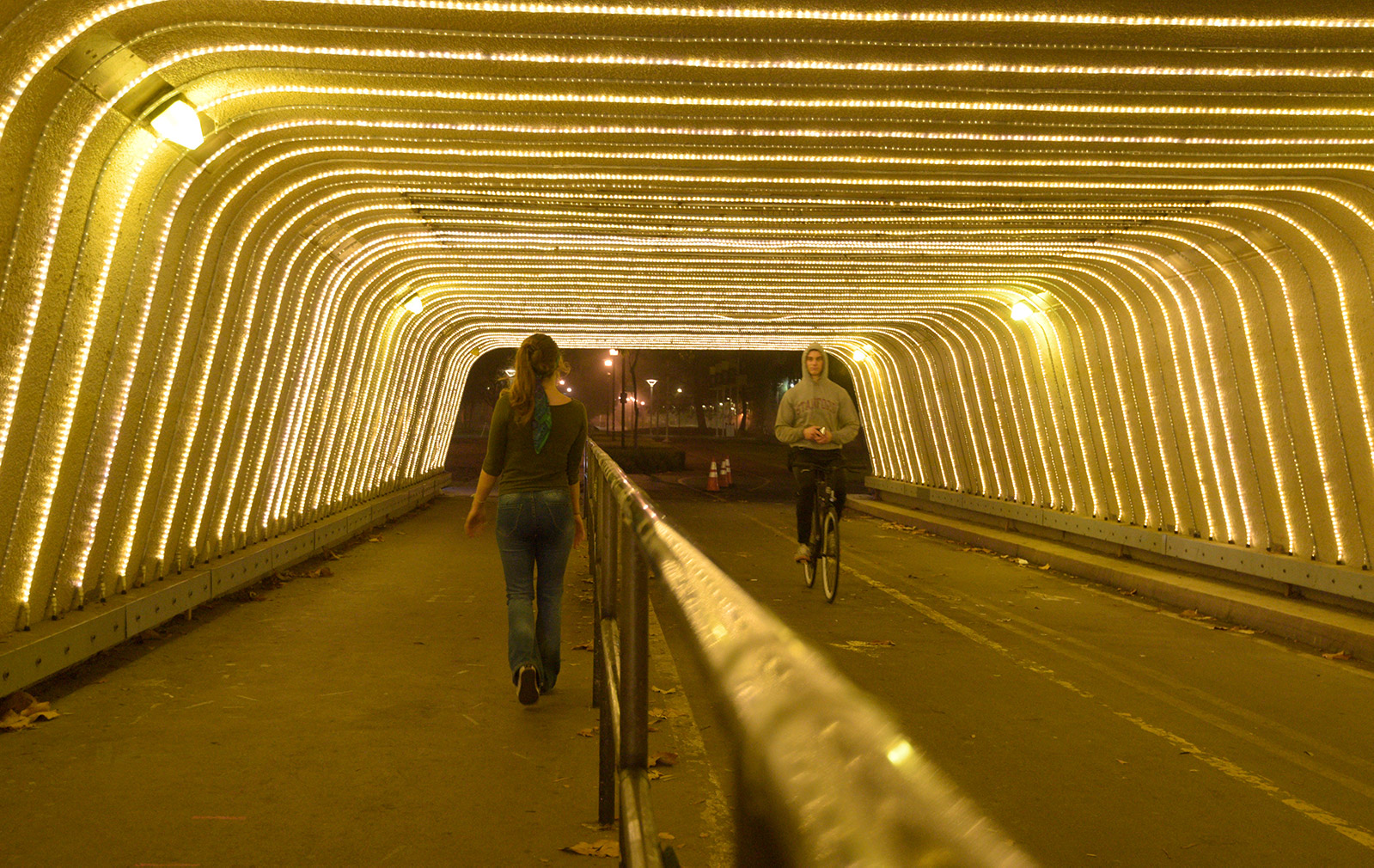
Biel, a graduated student, also observed blurred lines of I.V. sexual culture as a catalyst for assault in I.V. “Some guys can’t differentiate when a girl wants to be chased and when one doesn’t,” he said. That aggressive persistence, he believes, is emphasized by a “she doesn’t want it now but she may later” mentality. Dwayne Mosbey, former UCSB public safety commissioner, said men feel entitled to sex if they’ve “spent all night talking to a girl at a party. People don’t even think to ask, ‘Are you okay with this?’ because of all the ‘signals.’” The only “blurred lines” I see are those between hookup culture and rape culture.
Laura Harrison, who was sexually assaulted in I.V., finds these excuses perpetuate the culture of assault. “For women, perhaps it’s about the chase,” she said, but “for men it’s about the kill.” Harrison describes herself as neither a victim nor a survivor because of the stigmas of shame and weakness attached to these terms.
One I.V. resident realized the harsh reality of this culture at her “first-ever college party” as a freshman at UCSB. After a couple of minutes of dancing with a guy, he stuck his hand down her pants and started fingering her. “I asked him to stop, and he wouldn’t, so I left the party,” she said. “I assumed it was just what usually happens at I.V. parties. I thought it was normal.”
Standing Up Is Hard to Do?
Conversations about how to confront and combat sexual assaults are being held across the nation, especially on college campuses. One program that has found some traction is bystander intervention, which requires creating a community of shared responsibility. At UCSB, this campus-wide effort is called Green Dot. But many I.V. residents think it will be a tough sell. It seems far more common for people to uphold this violent culture than to encourage its destruction. At the core of sexual assault and its stigmas are deep-seated and pernicious power dynamics — an issue all genders must make their own. However, although — no, because — in my own activism I notice that heterosexual men are typically far outnumbered by other demographics, I strongly encourage this group to join the conversation.
“Women should stand up for women, and men should stand up for women,” Harrison believes, but finds they seldom do. She recalled a performance at a Coffee Collab open-mic night where one comic joked about “how girls who are really unattractive can wear whatever they want because nobody will rape them.” When Harrison confronted him later, another man in the audience applauded her for speaking out. But Harrison was more disappointed by this than pleased. “You’re not even half a man for not standing up to him yourself,” she told him.
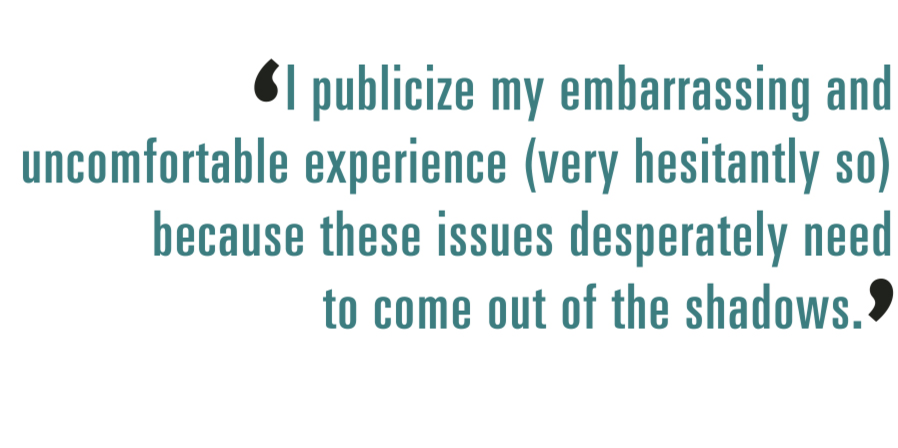
Many said bystander intervention can be viewed contemptuously in Isla Vista, intimidating those who might otherwise speak out. “I’m guilty of not speaking up when I hear my guy friends say distasteful things,” said UCSB student Harlan Langlois. “I might simply not want to kill the vibe.”
Rose Houska, UCSB resident advisor, recounted a conversation she overheard at UCSB’s De la Guerra dining commons. “Four male strangers were talking about spring break. His buddies asked one guy if he got any action, and he said, ‘I bought this girl a drink, but we just made out … honestly I should’ve just roofied her.’” Houska immediately started yelling at him, but worried that her “public humiliation” of the male student did not “hit home as hard” as if one of his male friends had condemned him.
Biel worried that groupthink dynamics bar college-age men from breaking social stigmas, even when the encouragement comes from other men. He recalled his male friends once “brutally and disgustingly objectifying” a female friend, “comparing her to an animal.” Biel objected, and his friends not only dismissed his point but also began to distance themselves from him. “It’s one thing to change one person’s mind, but it makes it way more difficult when it’s groupthink,” he said.
Stamping Out Tolerance
For a while, I gave myself to the rhetoric of sexual assault that lingers around Isla Vista, allowing this violent culture to exist. She chose to drink; if she doesn’t remember what happened, we can’t trust her; she was irresponsible and thus equally at fault; she was asking for it; she just wants attention; worse things have happened to other people; that’s not rape; it was just a typical college experience.
I allowed these stigmas to govern me — I refused to see my experience as one that fell anywhere on the spectrum of sexual violence. I spoke about it to nobody. I discredited my own emotions and became disgusted by my own body. I punished myself for everything — I slut-shamed myself.
“A lot of women have unfortunately built up a tolerance to it,” said Houska. “If we got caught up on every incident, or everything we heard related to sexual assault and under the umbrella of rape culture, it would be impossible to live,” she said.
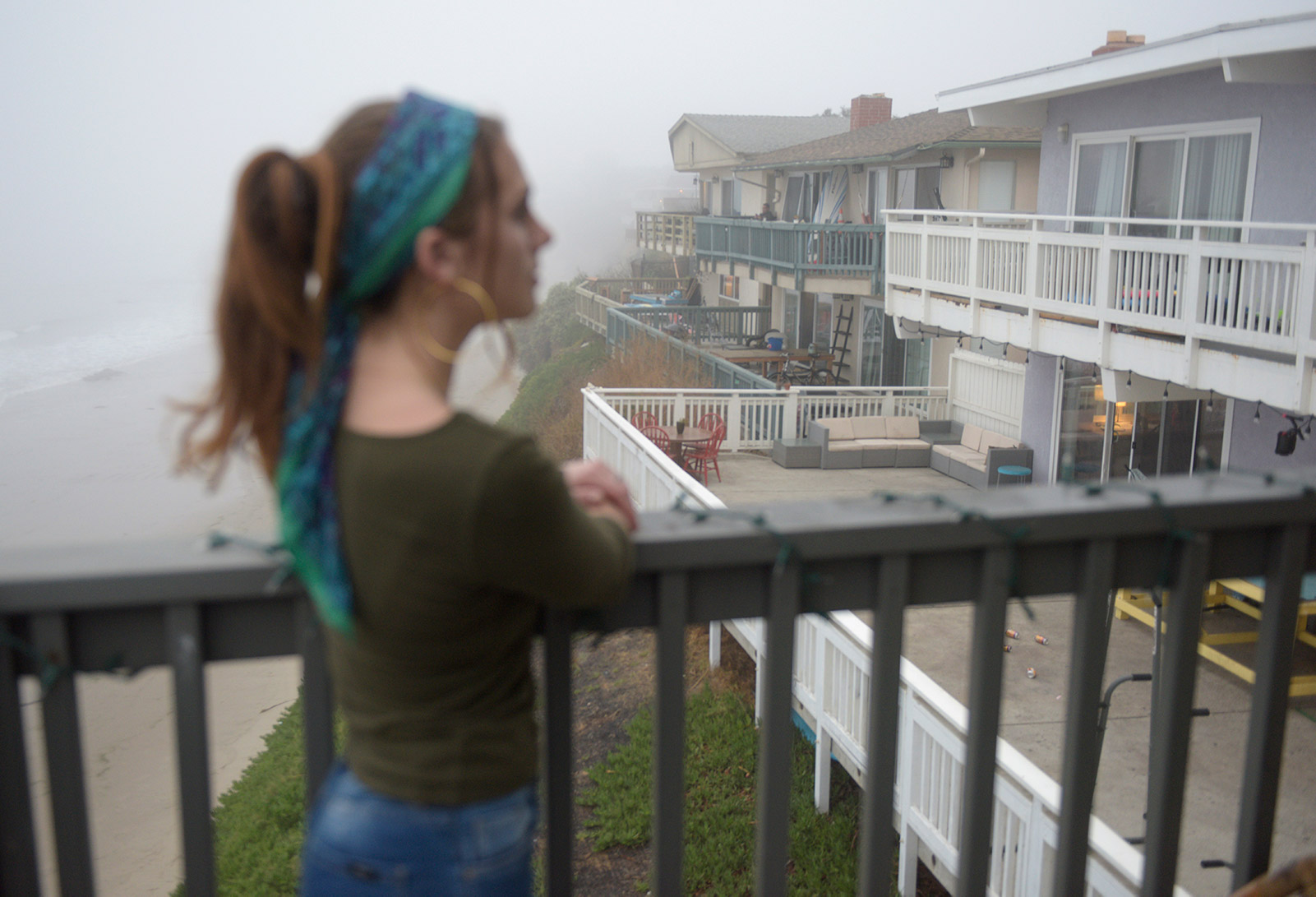
It was not until I began conducting interviews for this article, one I originally thought would be a dispassionate anthropological investigation into the rise of sexual assaults in Isla Vista, that my understanding of my own experience began to shift. I realized that I, too, had built up this “tolerance.” In doing so, I was letting the stigmatized undertones of Isla Vista flourish. While I am still unsure of what to make of my experience and do not personally care to label it rape, I do see it as a gruesome product of the dangerous mentalities for which we are all culpable. I am far less concerned with classifying my experience than I am with fighting for every person to feel comfortable in their skin and safe in their communities. I publicize my embarrassing and uncomfortable experience (very hesitantly so) because these issues desperately need to come out of the shadows.
I love Isla Vista — these two square miles of quirkiness, sunshine, and energy. However, I think it is time that the community faces its role in propagating sexual assault. Rape happens everywhere — it is not isolated to I.V. But in a place so packed with college kids, we need to be especially conscious of the conversations we’re having.
This crime is as much public as it is personal. I challenge our community to shift its dialogue about sexual assault — I have found that it is easier for people to dissect and criticize an individual’s personal experience than it is to challenge the doctrines at work beneath all of our feet.
My stumble into the underbelly of Isla Vista has generated my understanding that perhaps the spectrum of sexual assault does not abruptly end at physical violence but rather tapers into the mangled manifestations of hookup culture. While they do not themselves constitute assault, these mentalities lay a foundation on which hookup culture becomes rape culture, a foundation on which perpetrators feel entitled to stand. While this does not absolve assaulters of their blame, we are all liable for perpetuating their actions, and we must all assume responsibility for combatting them. I want to dig up these foundations and take a bat to their beams. I want to kick the floor out from under sexual assault.
UCSB has several programs to support those affected by sexual assault, most notably CARE. For more information and support services, visit sexualviolence.ucsb.edu.



